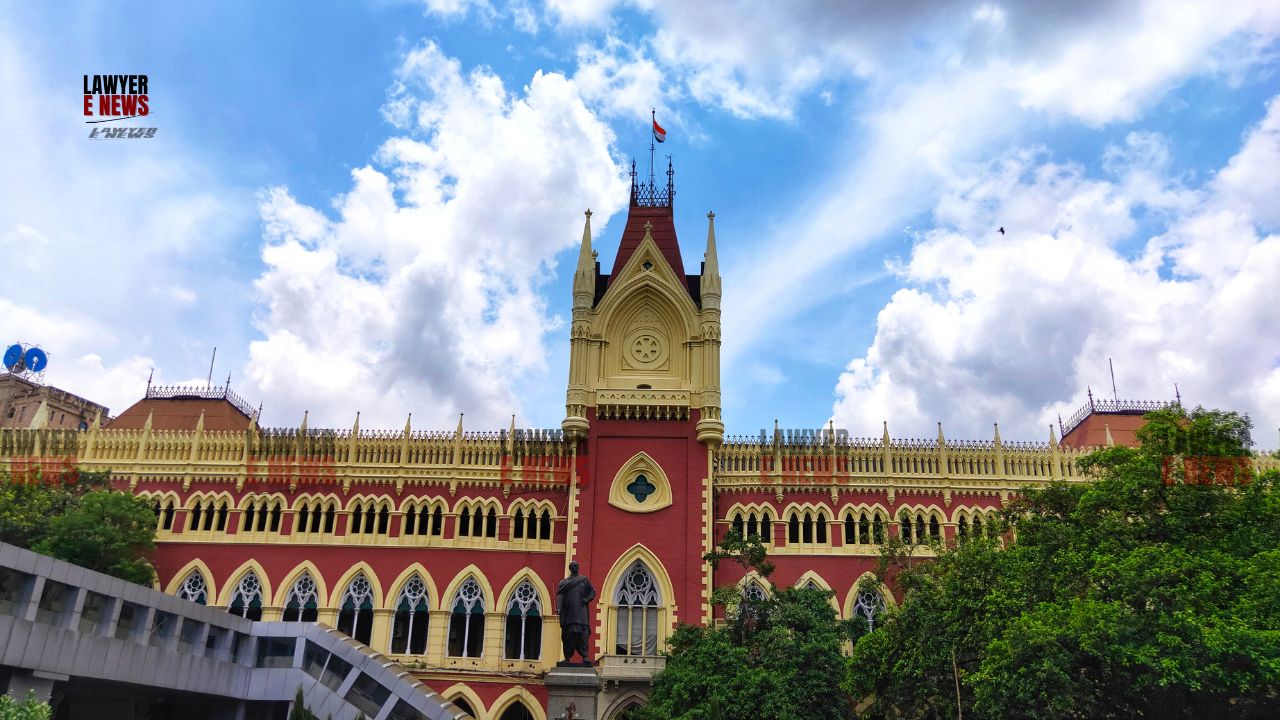-
by Admin
15 February 2026 5:35 AM



On November 5, 2024, the Calcutta High Court dismissed an appeal in Moslem Ali Sheikh v. State of West Bengal, upholding the conviction and five-year rigorous imprisonment of Moslem Ali Sheikh under Section 326 of the Indian Penal Code (IPC). The case involved the grievous assault of a rickshaw puller, leading to partial amputation of the victim's private part. Justice Ananya Bandyopadhyay concluded that the prosecution's case was proven beyond reasonable doubt, with medical evidence and witness testimonies corroborating the severe injury inflicted by the appellant.
The incident occurred on February 28, 1980, when the complainant (PW-2), a rickshaw puller, was lured to a secluded location near Santipur Railway Station by Moslem Ali Sheikh and another co-accused under the pretense of a discussion. At the location, PW-2 was disrobed and attacked with a sharp weapon, resulting in a serious injury. Following the assault, the victim was taken to various hospitals for treatment. An FIR was filed, leading to the prosecution of the appellant under Sections 326 and 307 IPC. The Sessions Court convicted the appellant under Section 326 IPC, sentencing him to five years in prison, a decision which the appellant challenged in the High Court.
The primary legal issue before the Court was whether the evidence supported the conviction under Section 326 IPC, which penalizes causing grievous hurt with dangerous weapons. The defense contended that delays in medical examination, lack of independent witnesses, and reliance on "interested" witnesses weakened the prosecution's case. However, the Court found these arguments unconvincing, emphasizing the credibility of the injured witness and the corroborative medical evidence.
Court's Analysis on Evidence Reliability: The Court relied on the testimony of PW-2, the injured complainant, who provided a detailed account of the assault, including the use of a knife to inflict grievous injury. This account was corroborated by PW-5 and PW-8, who observed PW-2’s injured state shortly after the incident. Medical Officer PW-9 described the injury as a partial amputation of the penis, consistent with being caused by a sharp weapon, and confirmed that it was life-threatening if untreated.
The Court dismissed minor inconsistencies in the testimonies, aligning with precedents like Leela Ram v. State of Haryana and Malkiat Singh v. State of Punjab, which hold that minor discrepancies do not undermine the reliability of an injured witness’s testimony. The Court underscored that injured witnesses are considered highly credible unless there are significant contradictions.
Defense Arguments and Court's Rejection: The defense argued that the delayed medical examination and lack of independent witnesses weakened the prosecution's case. They also questioned the credibility of "interested" witnesses (PW-4 and PW-8). However, the Court found these arguments insufficient, noting that the delay in medical examination was explained by the transfer of the victim between hospitals. Additionally, the evidence of PW-9, the medical officer, corroborated the nature and cause of the injuries, further validating PW-2's account.
Significance of Medical Evidence: PW-9, the attending doctor, testified that the injury involved partial amputation of the penis and was consistent with a knife wound. The Court gave significant weight to this medical corroboration, following principles from Balu Sudam Khalde v. State of Maharashtra, where the testimony of injured complainants and medical reports were held as strong evidence in cases involving grievous harm.
The Calcutta High Court dismissed the appeal, affirming the Sessions Court’s conviction and sentence. The Court appreciated the consistent and corroborated evidence provided by the injured complainant, medical testimony, and eyewitness accounts. Justice Bandyopadhyay remarked that the appeal lacked merit as the prosecution had established the case beyond reasonable doubt. The Court directed immediate dispatch of records to the Trial Court for necessary actions.
Date of Decision: November 5, 2024
Moslem Ali Sheikh v. State of West Bengal
